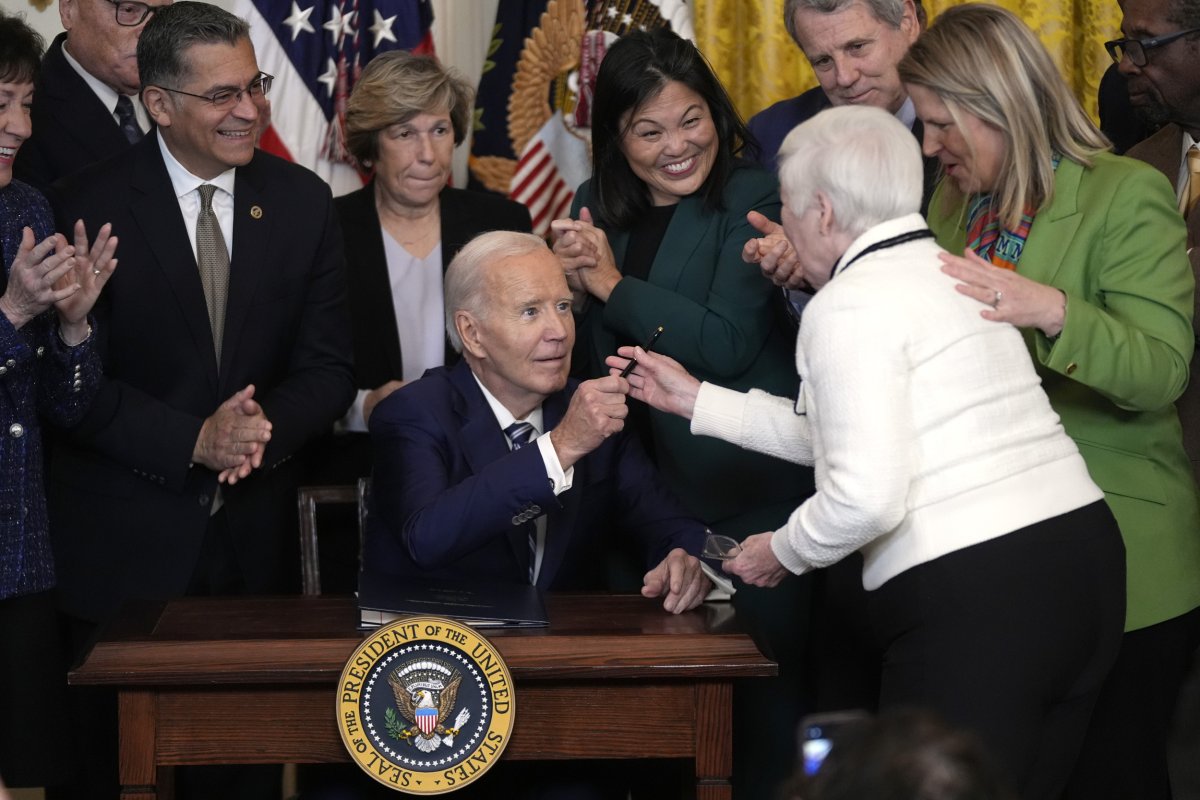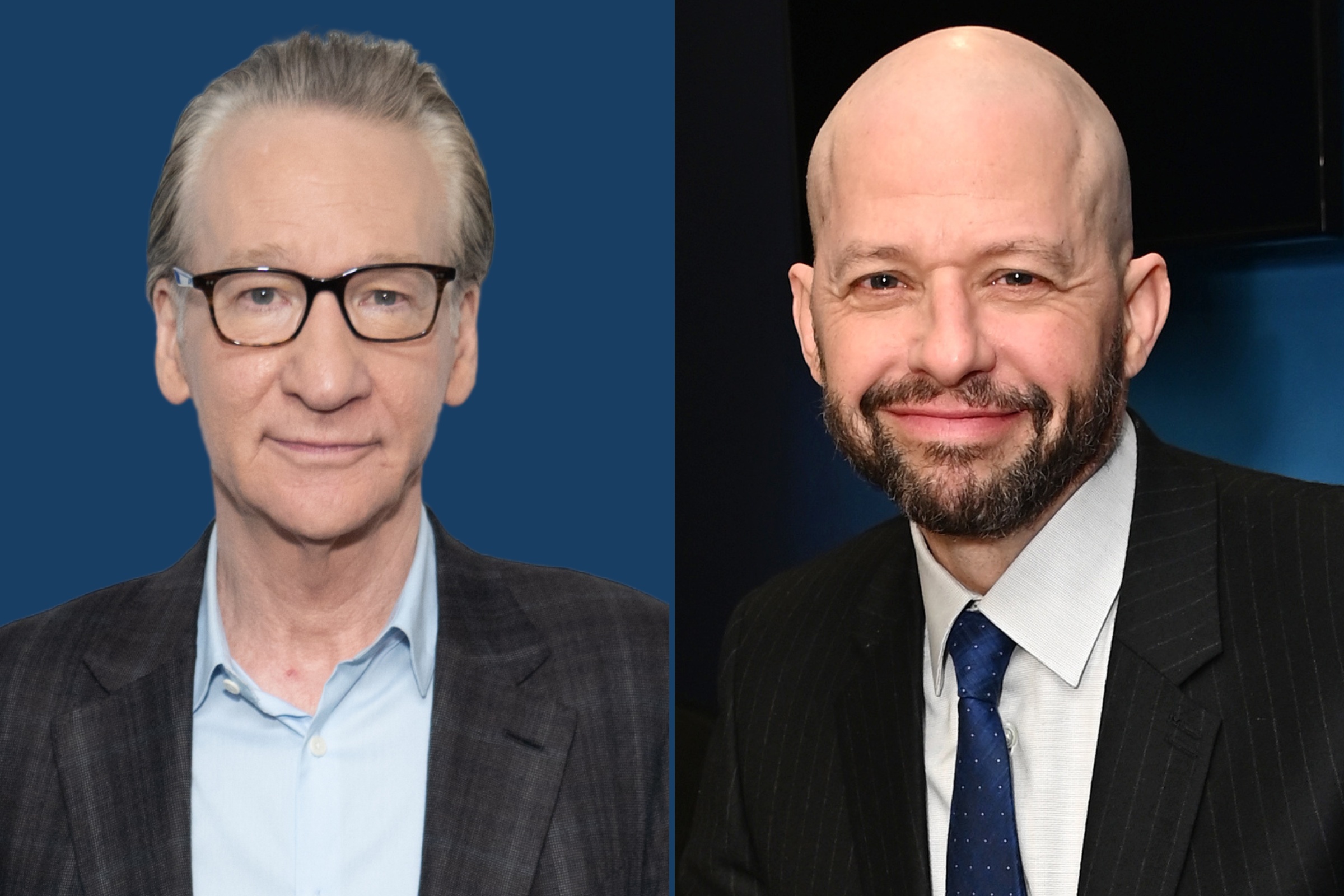Millions of Americans will now see their Social Security benefits increase after President Joe Biden signed the Social Security Fairness Act into law on Sunday.
The bill, which abolishes the Windfall Elimination Provision (WEP) and Government Pension Offset (GPO), passed both chambers of Congress with bipartisan support.
Newsweek has emailed the Biden administration for additional comment on Sunday evening.
When to Expect Higher Social Security Payments
In September, the Congressional Budget Office (CBO) estimated that eliminating the WEP would increase monthly payments for affected beneficiaries by an average of $360 by December 2025.
Ending the GPO would raise monthly benefits by December 2025 by an average of $700 for 380,000 recipients with benefits based on living spouses, according to the CBO. For 390,000 surviving spouses receiving widow or widower benefits, the increase would average $1,190.
These amounts would continue to rise over time due to Social Security's regular cost-of-living adjustments (COLA). The changes would apply to payments from January 2024 onwards, resulting in the Social Security Administration owing back-dated payments.
The measure passed by Congress states that the Social Security commissioner "shall adjust primary insurance amounts to the extent necessary to take into account" changes in the law.
It remains unclear how this adjustment will be implemented or whether affected individuals will need to take any action.

Who Will Receive Higher Social Security Payments?
For decades, Americans have seen lower Social Security checks if they fall into the circumstances under the WEP and GPO.
Nearly 3 million public sector workers, including police officers, firefighters and teachers, had their benefits slashed because they collected pensions that weren't covered by Social Security.
The International Association of Fire Fighters (IAFF) has roughly 320,000 members, which does not include hundreds of thousands of retirees who will now benefit from the Social Security change.
According to CNN, the Social Security Fairness Act will impact most permanent civilian federal employees hired before January 1, 1984, along with about 28 percent of state and local government employees covered by alternative staff retirement systems.
While the WEP reduces benefits for retired or disabled pension workers who have fewer than 30 years of significant earnings from employment covered by Social Security, the GPO targets the spouses of pension workers.
The Congressional Research Service (CRS) estimated that in December 2023, approximately 745,679 individuals, or about 1 percent of all Social Security beneficiaries, had their benefits reduced by the GPO. Additionally, about 2.1 million people, or roughly 3 percent of all beneficiaries, were affected by the WEP.
President Biden cracks jokes at the ceremony to sign the Social Security Fairness Act into law which boosts payments for current and former public employees, affecting nearly 3 million people who receive pensions from their time as teachers, firefighters, police officers and in… pic.twitter.com/eVCawwuBz7
— Art Candee 🍿🥤 (@ArtCandee) January 5, 2025What People Are Saying
Edward Kelly, president of the International Association of Fire Fighters, to The Associated Press: Kelly said firefighters across the country are "excited to see the change — we've righted a 40-year wrong." Kelly said the policy was "far more egregious for surviving spouses of firefighters who paid their own quotas into Social Security but were victimized by the government pension system. Now firefighters who get paid very little can now afford to actually retire."
Lee Saunders, president of the American Federation of State, County and Municipal Employees labor union, to AP: "Over two million public service workers will finally be able to access the Social Security benefits they spent their careers paying into. Many will finally be able to enjoy retirement after a lifetime of service."
Former Senator Sherrod Brown, an Ohio Democrat and one of the bills co-sponsors, said: "Social Security is a bedrock of our middle class. You pay into it for 40 quarters, you earned it, it should be there when you retire. All these workers are asking for is for what they earned."
Senator Thom Tillis, a North Carolina Republican who voted against the legislation, told the AP last month: "We caved to the pressure of the moment instead of doing this on a sustainable basis."
What Happens Next
Advocates argue that the Social Security Fairness Act addresses a longstanding disparity, though it will also place additional strain on the Social Security Trust Funds, which are confronting an impending insolvency crisis.
The Social Security Administration (SSA) is facing insolvency as early as the mid-2030s. At that point, there will only be enough money to pay out roughly 80 percent of what recipients are owed from their time in the workforce.
Reporting by the Associated Press contributed to this story.



















)
 English (US) ·
English (US) ·